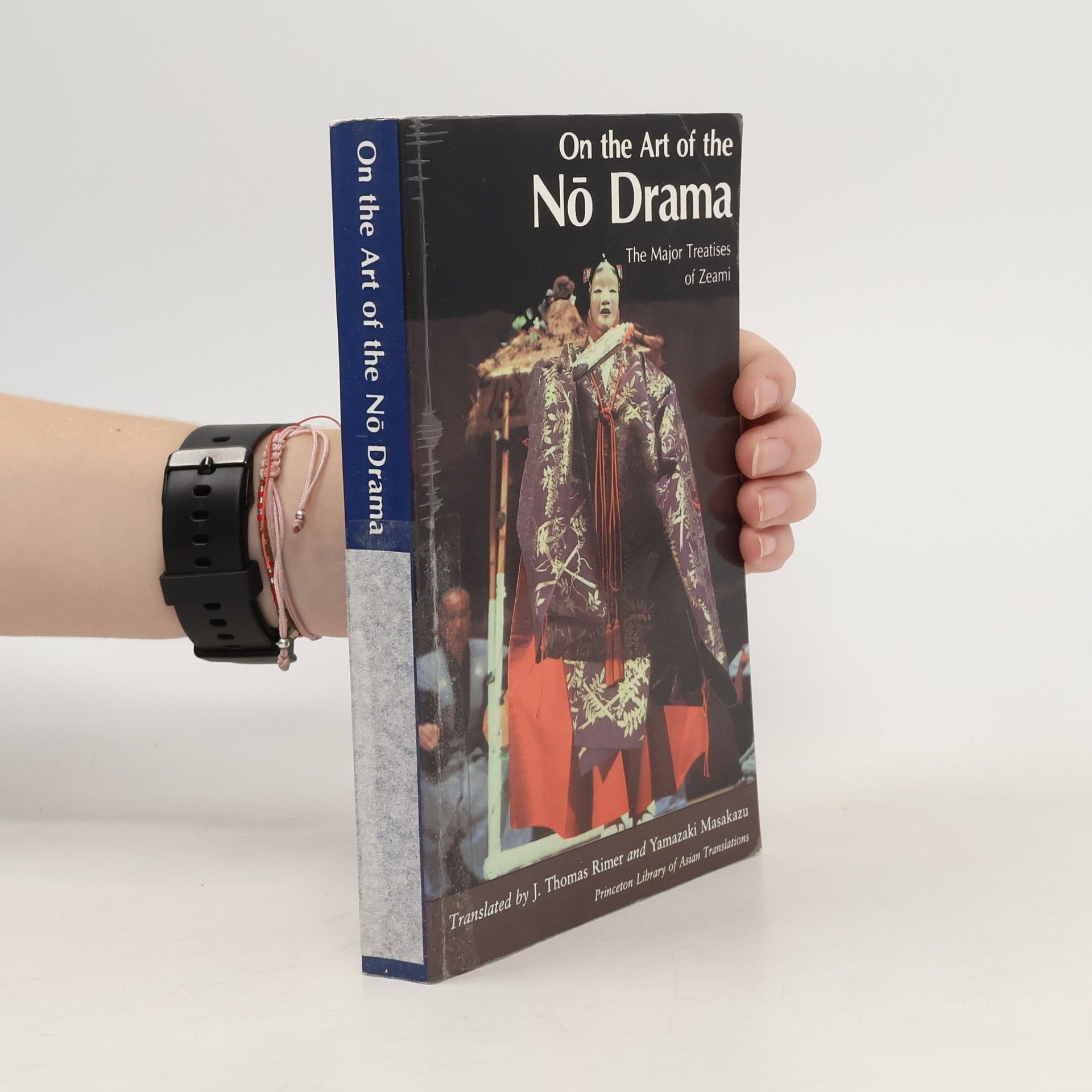This annotated translation is the first systematic rendering into any Western language of the nine major treatises on the art of the Japanese No theater by Zeami Motokivo (1363-1443). Zeami, who transformed the No from a country entertainment into a vehicle for profound theatrical and philosophical experience, was a brilliant actor himself, and his treatises touch on every aspect of the theater of his time. His theories, mixing philosophical and practical insights, often seem strikingly contemporary. Since their discovery early in this century. these secret treatises have been considered among the most valuable and representative documents in the history of Japanese aesthetics. They discuss subjects from the art of the playwright to the reciprocal nature of the relationship between performer and audience.
J. Thomas Rimer Knihy
